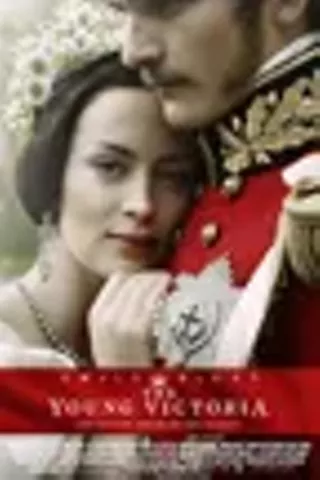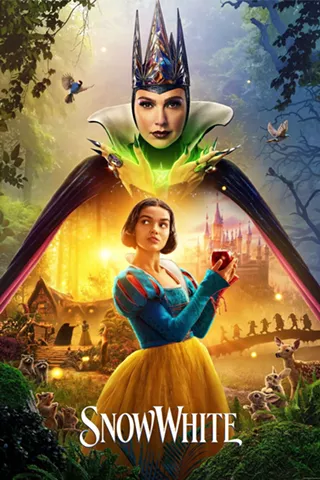Emily Blunt absolutely sparkles in period-drama The Young Victoria, a film that manages to be a good (though embellished) piece of history and strikingly romantic at the same time.
Blunt plays Queen Victoria, covering her life from shortly before her coronation to shortly after her marriage to Prince Albert of Germany (Rupert Friend, who is basically Orlando Bloom with acting chops). Blunt brings a real honesty to her portrayal of a queen who experienced a lot of pressures due to her sex and her age. Blunt is 26, but she plays a teenager convincingly.
The love story at the film's core involves Prince Albert's awkward courtship of Victoria. Because she is a queen in the making, Albert can't (by law) take the first steps in their relationship. Director Jean-Marc Vallée and writer Julian Fellowes do a nice job of making something that could seem arranged and forced have real romantic charm. When the two wind up in each other's arms, it's a tremendously sweet moment.
The film picks up shortly before the death of King William (Jim Broadbent, in a memorable small role). William has become enraged at Victoria's mother (Miranda Richardson), the Duchess of Kent, for breaking with castle traditions. He's in failing health, but he's hoping to make it to Victoria's 18th birthday, when she will be old enough to reign without regency (a law that would've given Victoria's mother power until she was an adult).
William makes it, and Victoria ascends to the throne, much to the chagrin of her mother and her abusive adviser and presumed lover, Sir John Conroy (Mark Strong, who has been playing a lot of bad guys these days). Conroy is portrayed as somebody who bossed Victoria around, physically pushing her and kicking her beloved dog. I'm not sure if history backs this up, but it certainly helps make Conroy a hateful villain in the film.
Adding to the political intrigue is Lord Melbourne (Paul Bettany), who basically trained Victoria in the ways of monarchy and politics in her initial years. The film suggests a romantic spark between Victoria and Melbourne, but it's little more than a device to make the eventual union of Victoria and Albert a little more improbable. Bettany handles the role well; he comes off as a bit of a philanderer, but eventually proves that his foot is planted firmly on moral ground.
After numerous strong supporting roles, Blunt proves that she has the charisma to carry a movie. What's so refreshing about her portrayal is that she finds the humanity in the role of a queen. Victoria is confident, but not without her doubts about British government, her abilities to rule at a young age, and men. There's a naturalness and spontaneity to her portrayal that makes history's longest-reigning female monarch quite accessible.
I only knew a little about Queen Victoria, so I did some studying after the movie and was delighted to see how accurate the film was when it came to the politics of Victoria, Melbourne and Conroy. The film touches upon many true occurrences—but does include embellishments.
A sequence in which Prince Albert is wounded in an assassination attempt on Victoria is almost a complete fabrication. While Albert did lean over his wife when he saw somebody firing, he never took a bullet. Yes, that's a mighty big made-up moment, so if any of you kids out there need to do a Prince Albert history report, do not use this film as a reference. You will be on your way to a big "F" if you do.
You might not have thought of Victoria and Albert as one of history's most interesting couples, but that's something that might change after seeing this film.
















